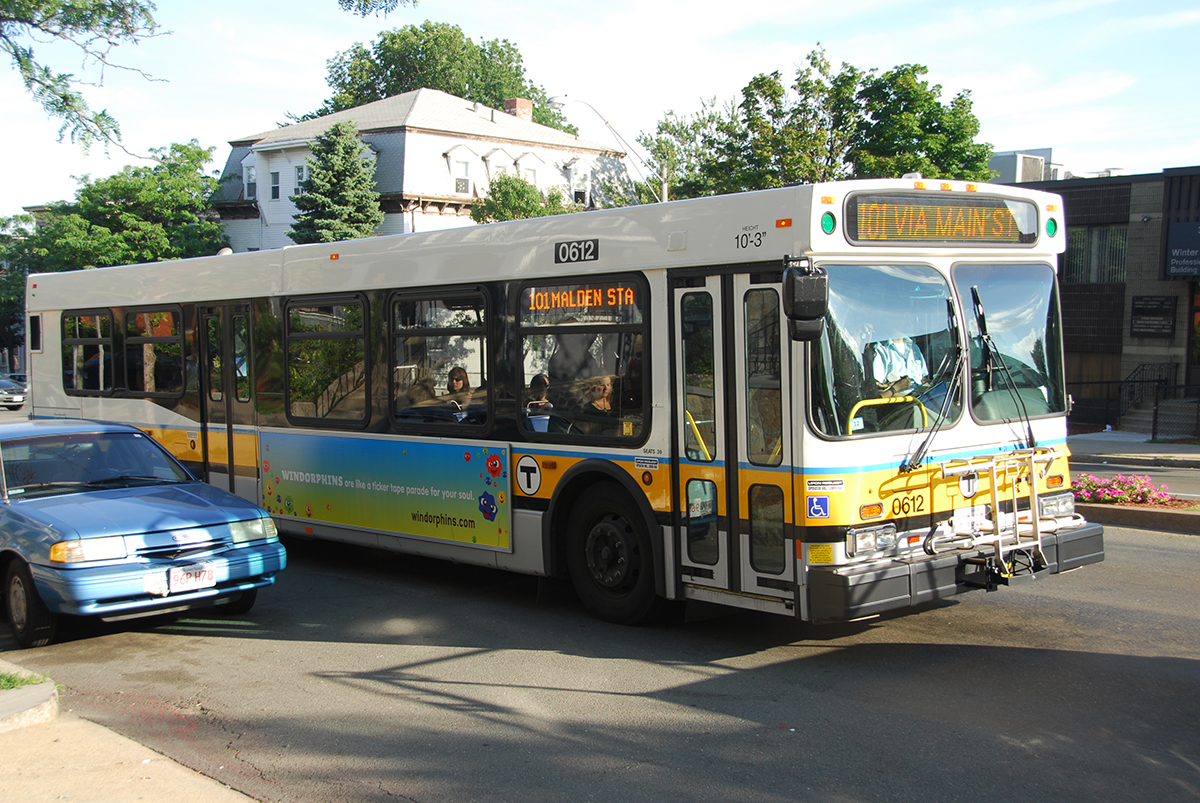Unique Union Deal Lets MBTA Workers Pad Pensions
A new report from the Pioneer Institute found workers at the beleaguered Massachusetts Bay Transportation Authority are cashing in with a major pension perk unavailable to most state government employees.
A special benefit allows workers at the MBTA to apply unused sick days at retirement to their annual pension payment, which could potentially cost the cash-strapped agency an estimated $45 million if all the employees doing it cashed in at once. The practice is so widespread at the MBTA that hundreds of employees have banked at least 100 unused sick days, with some employees banking as many as 200 or 300, according to public records obtained by the Pioneer Institute. During their research they found one employee in particular has banked 406 unused sick days for their pension.
The existing workplace culture at the MBTA encourages union workers to not use their sick days in order to miss work, but instead use them to pad their pension at retirement. The Pioneer Institute found that MBTA employees had banked more than 380,000 unused sick days in total at the end of 2014, a number they expect to increase this year even as absentee reforms are implemented.
MBTA employees get 12-15 sick days a year on top of existing vacation and holiday days. For reference, each unused sick day at the MBTA is worth $192 in pension payments, while a sick day at another job in state government is worth just $63.
From the report:
This analysis shows that if a T employee’s salary averages $81,000 for his or her three highest paid years ($80,000, $81,000 and $82,000) and a state employee retires at a current salary of $82,000 and both employees have 150 unused sick days, the state employee receives an immediate payout of $9,462 while the T employee’s total sick leave benefit over his or her retirement is $28,739 — the result of adding seven months to creditable service to his or her pension calculation.
The current system exists as the result of a 1975 binding arbitration decision with the Carmen’s Union. Gov. Charlie Baker attempted to curtail binding arbitration at the MBTA as part of his reform push at the troubled agency, but was ultimately unsuccessful.
The head of the MBTA’s largest union defended the deal in an interview with the Boston Herald.
“The MBTA for the past year has been saying our employees don’t come to work. You can’t have it both ways. This is an incentive for employees to come to work,” said Boston Carmen’s Union President James O’Brien.
New reforms at the MBTA are aimed at curtailing the improper use of sick leave time under the Family Medical Leave Act by blending the use of sick leave time and vacation time. Early results indicate the reforms are working, as absenteeism is down this month.



